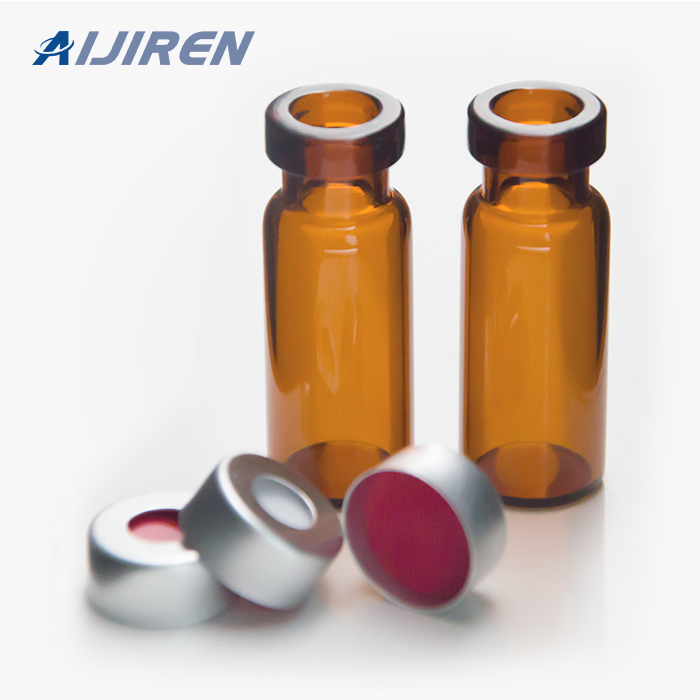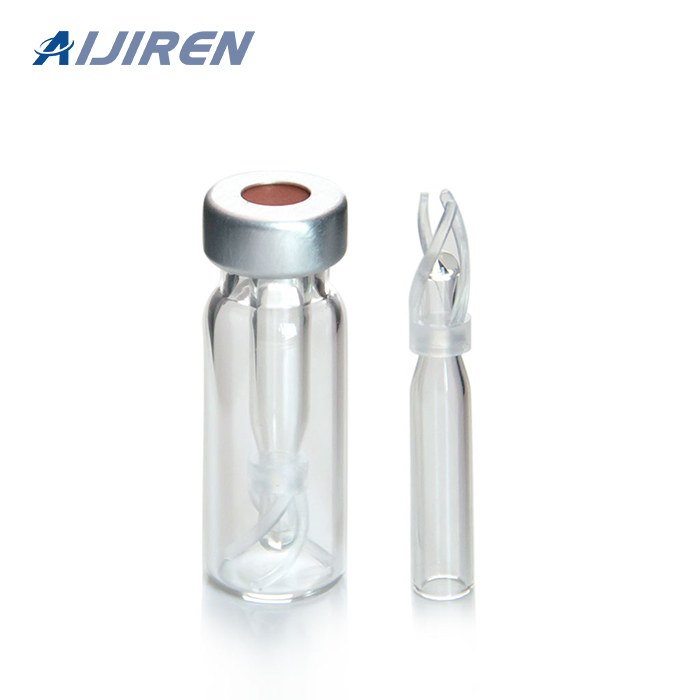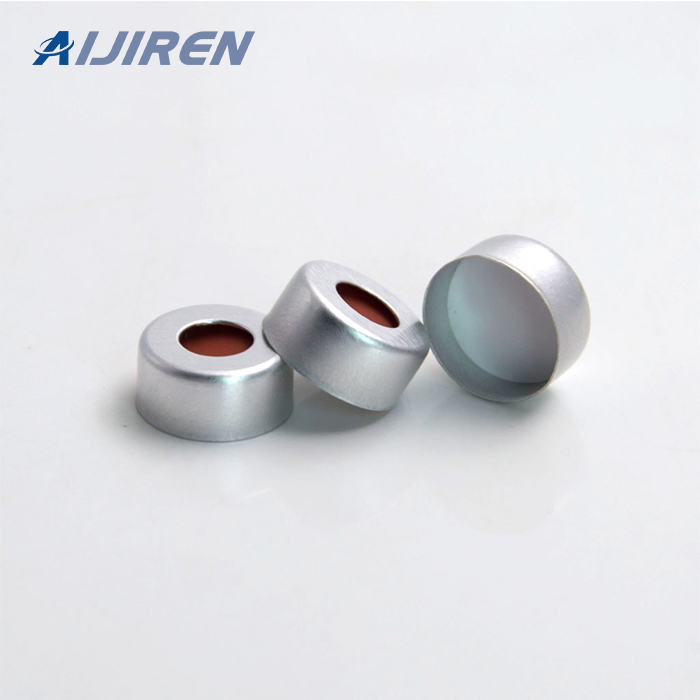





The vials are also extensively tested and reviewed for cleanliness by mass spectrometers, as well as for low analyte adsorption by ACQUITY MS/MS. The screw cap feature of the Polypropylene Screw Neck Vial, with Cap and Preslit PTFE/Silicone Septum will mechanically hold the septum in place during piercing, and it also forms an excellent seal.
Pricing. 27019. black polypropylene hole cap, thread for 15-425, PTFE/silicone, septum thickness 1.5 mm, for use with 7 mL vial, pkg of 100 ea. Expand. Hide. 27022. black polypropylene cap, thread for 24-400, PTFE/silicone, septum thickness 3 mm, for use with 20, 40, or 60 mL vial, pkg of 100 ea. Expand.
Jun 6, 2019 · The WHO suggested in 2003 that swabbing vial tops is unnecessary: “Swabbing of clean vial tops or ampoules with an antiseptic or disinfectant is unnecessary. If swabbing with an antiseptic is selected for use, use a clean, single-use swab and maintain product-specific recommended contact time. Do not use cotton balls stored wet in a multi-use
Apparently the silicone septum doesn't withstand organic solvents very well, so better prepare a new blank for each sequence. The attached image shows the old blank (black) compared to a fresh one
Find vial with septum and related products for scientific research at MilliporeSigma
Abstract. An important property of a vial cap is the ability to maintain the vial analyte concentration after multiple injections over time. This ability is influenced by different factors such as the volatility of the analyte/diluent, the number of injections, the elapsed time and the injector/cap septum used.
Type 1 borosilicate glass. Clear glass vials with 20mm crimp seal finish are designed to fit most headspace autosamplers. Flat bottom vials maximize heating efficiency when used with bottom. Round bottom vials are more easily handled by robotic arms that lift the vial from the tray. Round bottom vials distribute the internal pressure created at
High-quality borosilicate glass and rigid, autoclavable cap Standard open top, flat silicone/ PTFE septum design 40 mL capacity Available in clear or amber Vials are available assembled only or pre-cleaned to EPA protocol B. Independent laboratory certified version is also. Related Products: 40 Ml Glass Vials. Compare this item.
May 1, 2022 · After the third puncturing of each stopper, 1 ml of sterile water was flushed through the needle into a propofol vial using a 3ml-syringe connected to the needle. The fluid in the vial was then filtrated by a 0.8-micron pore size vacuum filter unit. The evaluation was done under a stereomicroscope at 100x magnification (picture 2).
The septum is provided with a thin 0.005” PTFE layer laminated to highly pure silicone, and slit through the center for easier needle penetration and to release the vacuum that forms when a large volume of sample is withdrawn from a vial.
Jul 10, 2012 · The current results reveal that other than Septum C, the remaining three are suitable for GC–MS analysis if used at IP temperature ≤150°C. Moreover, Septum D performance is generally superior to the other septa. Septum C bleeds even at 100°C, suggesting its unsuitability in routine high-temperature GC–MS studies.
Overview Diferent septa material for LC and GC applications There are many diferent types of materials used to produce the septa found in LC and GC vial caps. This document will provide you with the technical guidance you need in order to make the right selection. Choosing the right septa
Safe injection practices are intended to prevent transmission of infectious diseases between one patient and another, or between a patient and dental health care personnel (DHCP) during preparation and injection of medications. DHCP most frequently handle parenteral medications when administering local anesthesia, during which needles and
Glass Vials with 0.060″ Septa feature protective packaging, and a thinner septum that is optimized for automation. Hard foam divider holds vials securely separated, each in their own individual cell for ultimate vial protection. Hard foam sectional design allows clusters of nine (9) vials to
224 difficult to access. One approach for disinfecting the vial septum in this type 225 of vial shield is to use a right-angle forceps to hold a sterile 70% IPA wipe 226 and direct it down onto the vial septum. It is also acknowledged that such 227 vial shields will disrupt first air contacting the vial septum during certain 228 handling